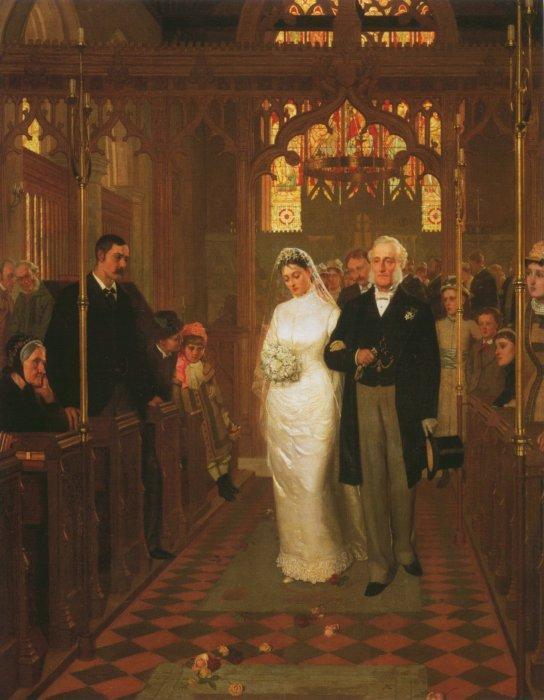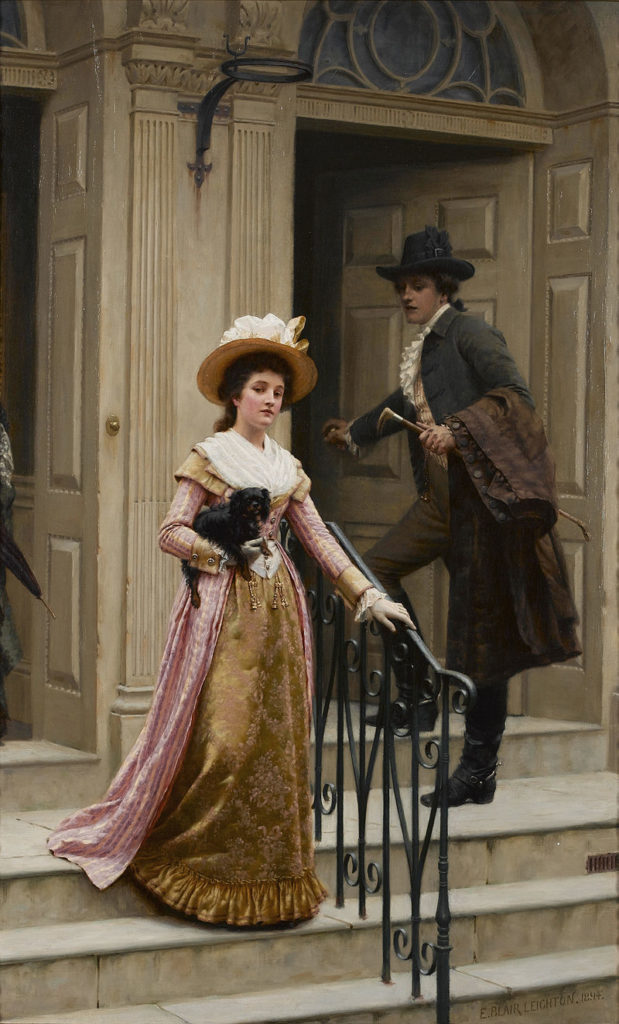I can recall reading somewhere (a long time ago) that, sociologically, the happiest population group are widows. The logic of this argument was that a widow had experienced a happy married life, possibly with children and now grandchildren, and with widowhood was now able to live a life of independence in decisions about spending, where to live, activities, friends. I presume the statistics assume the widow has an adequate income for her needs because poverty certainly spoils everything.
I’m not certain how true this conclusion is in today’s world, but I can say that widowhood in the Regency had its advantages, especially for those Regency ladies who entered into loveless marriages of convenience or for status and wealth.
When a Regency lady married, she, in effect, became the property of her husband. She lost all identity as a person; she was not considered separate from her husband. He existed legally; she did not. Of course, that meant that she could rack up debts, like the exorbitant gambling debts incurred by the Duchess of Devonshire, and her husband must pay them. He might even be held responsible for any illegal acts she engaged in. On the other hand, marriage meant all the wife’s property became her husband’s.

Her only protection was her dower rights, that is, the rights to one third the income of her deceased husband’s estates, which could be a lot or very little, depending. Most aristocratic wives had marriage settlements negotiated by their fathers or guardians before marriage which would stipulate how much she would get if her husband died. This settlement would include the dowry she brought into the marriage. Her husband’s will could also bequeath her money and property. In Sense and Sensibility, Mr. Dashwood did not provide a will to protect his wife and daughters. Thus the income Mrs. Dashwood had to live of was the income from her dowry.
A widow could also inherit her personal belongings-her clothing, jewelry, personal furniture, and other personal adornments. So it benefited a wife to encourage her husband to buy her jewels. She even retained her husband’s status, keeping her title, albeit with Dowager placed before it.
So an aristocratic widow who had a generous marriage settlement, a large dowry, and lots of expensive personal belongings could live a very comfortable life.
Even more, though, she could live a comfortable life of vastly increased independence. She could spend her money as she chose. She could pursue whatever interested her. She could run a business, if she liked. And, unlike the unmarried, closely chaperoned ingenue she once was, she could love whomever she liked. Regency widows were permitted their love affairs without scandal as long as they were discreet.

If the widow remarried, she’d lose all those advantages.
But in our books, we want our widow heroines to remarry, don’t we? We want them to find true love and a happily ever after.
Do you like widow heroines in your Regencies? What are the advantages to the author in using them?
